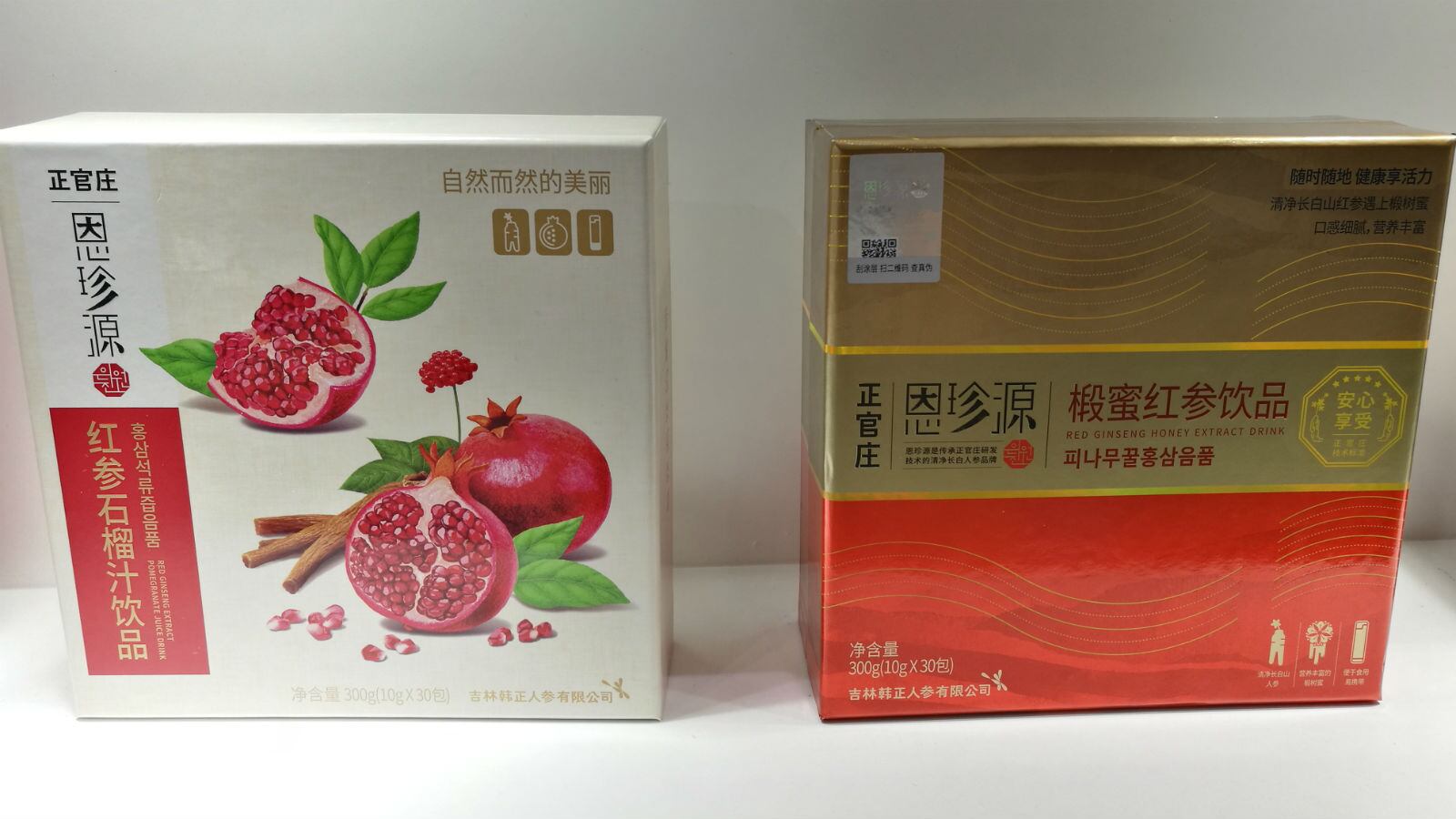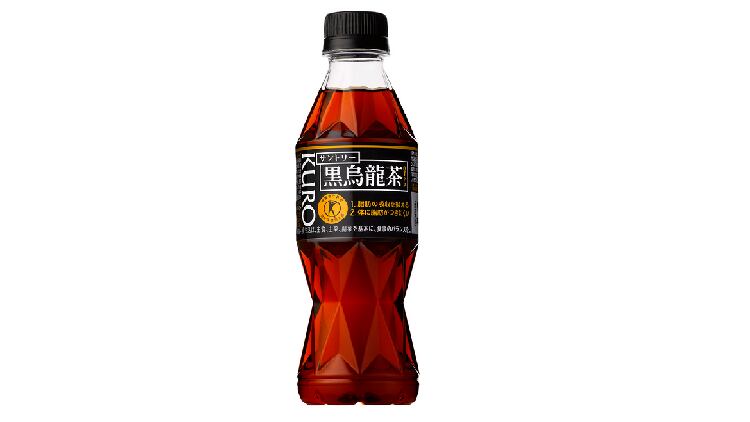Environmental and efficiency goals: Japanese food firms revise expiry date labelling to cut food waste
Japanese food firms Nippon Fisheries and House Foods have announced plans to change the expiry dates of their products from the date specific format to the month specific format as a measure to reduce food waste.
Nippon Fisheries said it would implement the new format from next month for all its canned products.
By then, the expiry date will be displayed in the year/month format, as opposed to the previous year/month/date format.
Can demand: Showa Denko expands Vietnam’s production amid market growth
Japanese beverage can maker, Showa Denko, is expanding its production facilities in Vietnam amid rising demand in the region.
“Vietnam is expanding its market, and we consider it a promising market. Outside of Vietnam, we have production bases in Thailand, but (plans for) others are undecided,” a company spokesman told FoodNavigator-Asia.
According to the spokesman, the beer sector counts for the greatest demand of aluminium cans in the country.
‘Something for everyone’: Kewpie looks to advanced research, health focus to develop personalised products
Japanese egg-based products giant Kewpie is looking to develop further on its internal research and health-focused products to further expand its personalised product portfolio.
Speaking to FoodNavigator-Asia at the recent Fi Asia-China show in Shanghai, General Manager of Department of the Hangzhou Kewpie Corporation Shanghai Branch Kenji Sato told us that the company had a health-age rating table that it uses to make personalized products for every demographic, which it intends to further expand through R&D and a health focus.
“We as a leading food manufacturer want to make sure that people get what they need and there’s something for everyone, hence all of our products are developed following a table that shows products suitable for consumer needs based on their age/health condition,” said Sato.
‘Bureaucratic gobbledygook’: Why Philippines lifted ‘ridiculous’ ban on fish from nuclear-hit Fukushima
The Philippines lifted its ban on the importation of several fish species from the nuclear-hit region of Fukushima, despite the fact the country didn’t import such products in the first place.
The ban had been in place for seven years, since it was implemented in the aftermath of the 2011 Fukushima nuclear disaster.
“I consider the ban, issued by the previous administration, as just a bureaucratic gobbledygook and an over-reaction to an issue which did not really affect the Philippines,” said Agricultural Secretary Emmanuel Pinol on his Facebook page.
Bitter sweet: Beverage giant Pokka Sapporo strives to revitalise Japan’s lemon production
Pokka Sapporo has started to grow its own lemons in Hiroshima Prefecture for use in beverages and seasonings in a bid to tackle production shortfalls.
With a farming area of 50 acres, plantation work began in April 2019 and the firm expects a stable harvest of 10 tons per year after five years. Only then it will start to use the lemons in the manufacturing of finished products.
At present, the firm mainly relies on lemon juice imports for making lemon-based products, a company’s spokeswoman said in response to queries from FoodNavigator-Asia.
“However, with growing demand for domestic lemons, the current situation cannot fully meet the demand because production and supply are lacking due to the ageing population and the lack of successors in lemon farming,” she said.





